Ukraine Needs Help
The instability in Ukraine has eventually affected the economy of the states in the region.

Bogdan Matei, 12.12.2014, 13:45
At the end of a year in which Ukraine has changed its political regime following a blood-spattered revolt, in which it lost the Crimean peninsula and de facto control over the Russian-speaking regions in the east, the leaders in Kiev have warned that their country is on the brink of bankruptcy. The head of the pro-European government, Arseniy Yatsenyuk, has already called for a conference of donors. He says that the country needs 15 billion US dollars to avoid collapse in the coming weeks.
Analysts say that reimbursing the debts for the Russian gas and the efforts to support the national currency, the grivna, have sent Ukraine’s currency reserves to the lowest level of the past 10 years. The clashes between Kiev’s troops and the separatists in the east has also taken its toll, leaving behind thousands of dead, significant damage, and shutting down the steel works and mines in Luhansk and Donetsk, which provided for one-fifth of Ukraine’s industrial output.
This new cry for help coming from Kiev follows the decision made in spring by international lenders to grant Ukraine total loans of 27 billion dollars. Since the start of the program Ukraine has received 4.6 billion dollars in two installments. The payment of the balance depends, however, on the adoption of an austerity plan that might cause a wave of social unrest, as commentators warn, and Moscow and its allies will not fail to take advantage of the situation.
In the Republic of Moldova, Romania’s neighbor, the people’s firm option for the western values is yet to be reflected in the economic development. The pro-western parties in the 3-party governing coalition in Chisinau won the November 30th parliamentary elections, which explicitly validated the efforts made for the conclusion of the association and free trade agreements with the EU. Meanwhile the Moldovan national currency has depreciated against the American dollar by 7.5% in only 3 months. And according to forecasts it might depreciate even more in the coming weeks, unless the Moldovan national bank takes measures rapidly. Analysts say that 2015 might bring significant price hikes for gas, fuels, power and heating.
Although apparently Moscow has reasons to rejoice at the problems faced by its former colonies that have clearly opted for the western values, its economy is not doing very well either. The sanctions imposed on Russia by the West, following Russia’s intervention in Ukraine, as well as the drop in the oil price, continue to affect the Russian national currency, the ruble, which has once again reached a historic low. As compared to the beginning of the year, the ruble has dropped by more than 70% as compared to the dollar and by over 55% against the euro. The Russian central bank has announced it was ready to spend one-fifth of its current foreign currency reserves for interventions on the currency market in 2015.






























